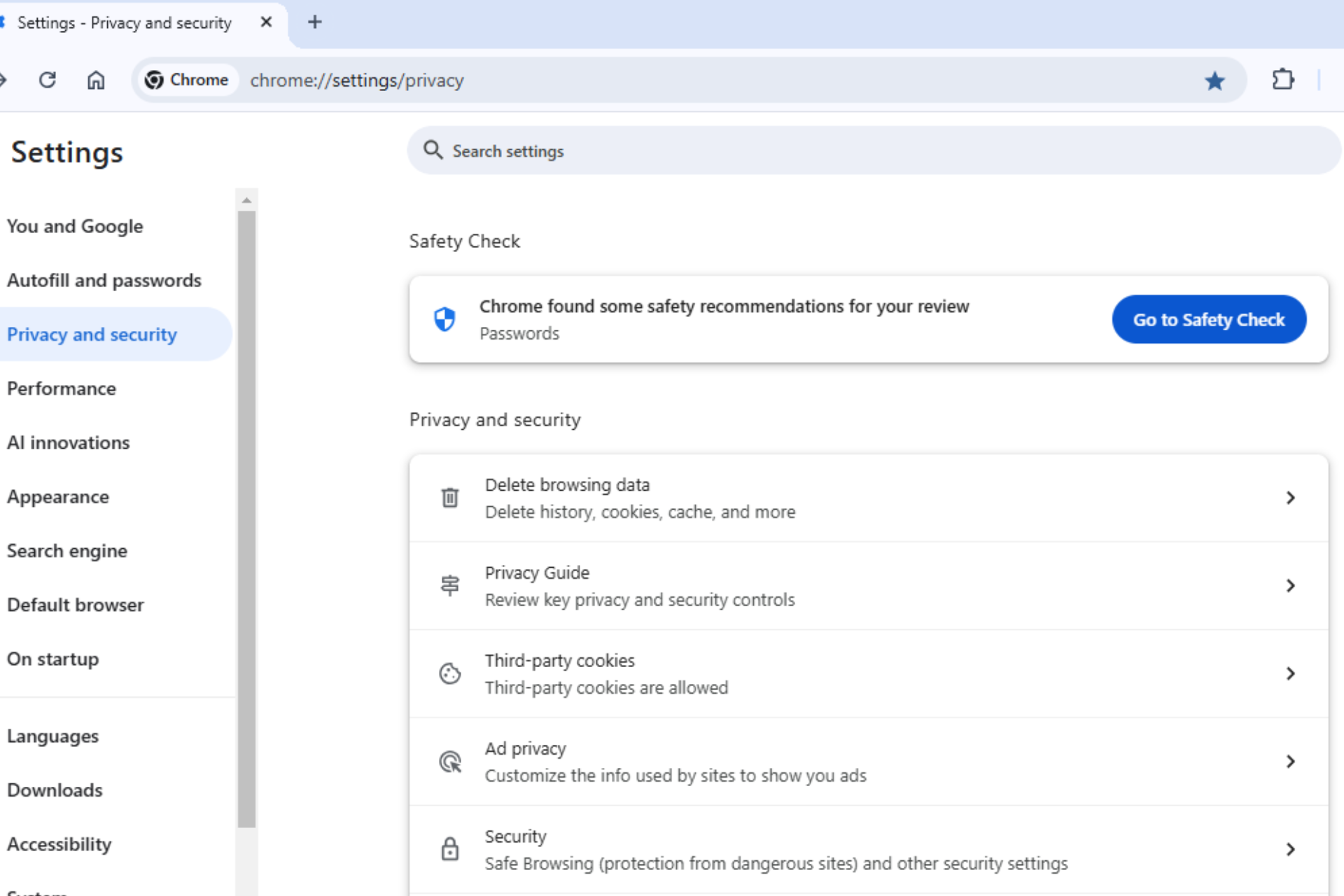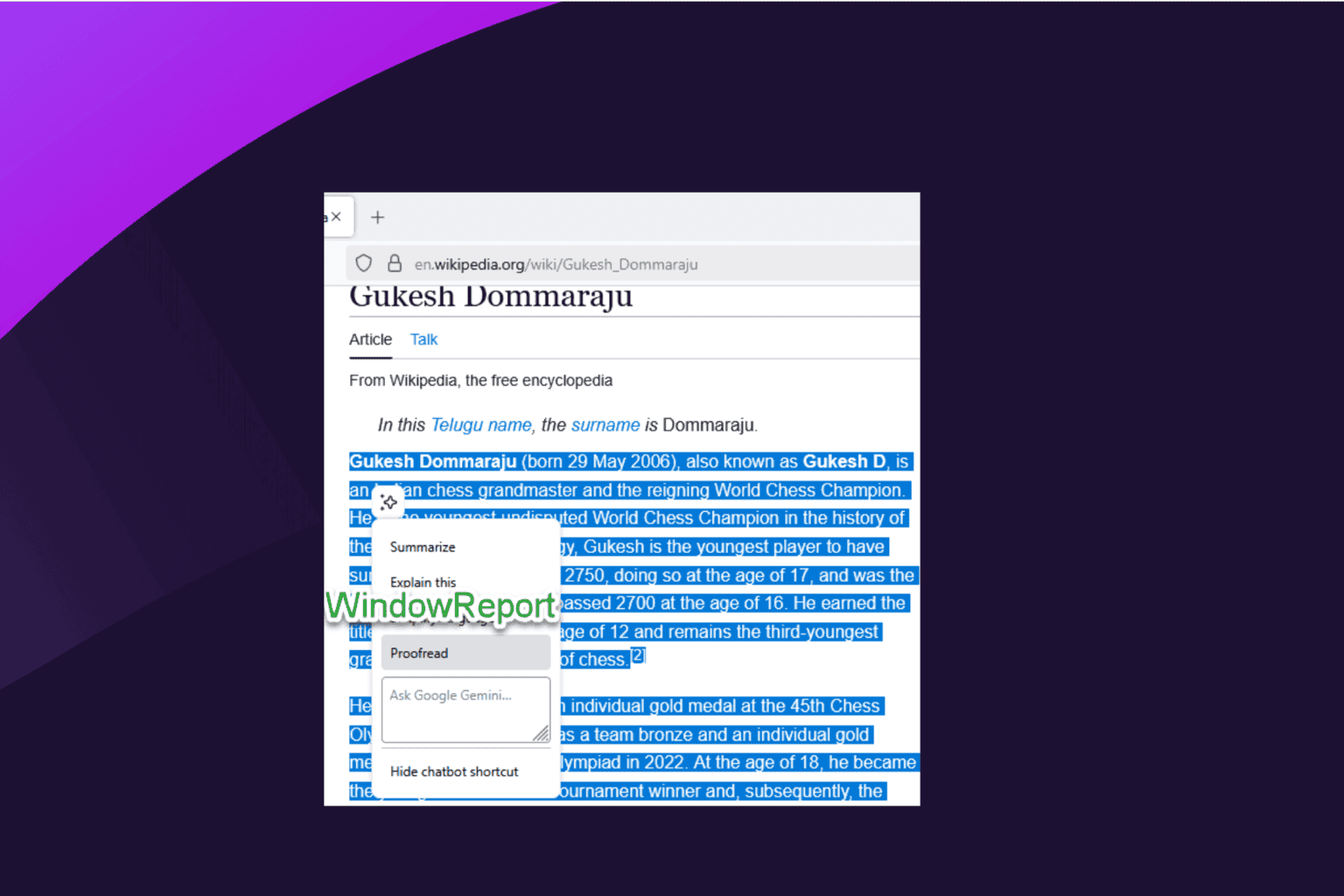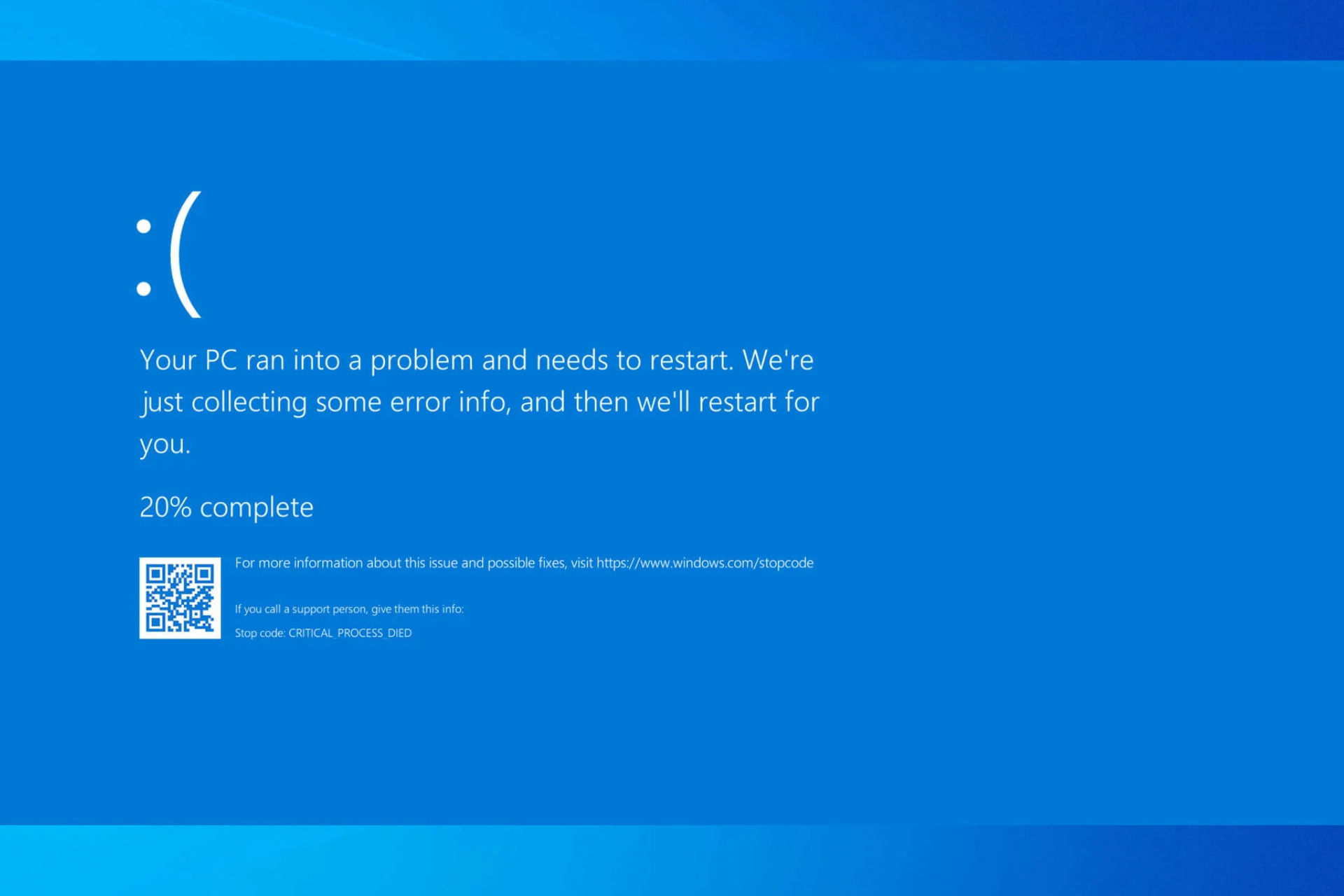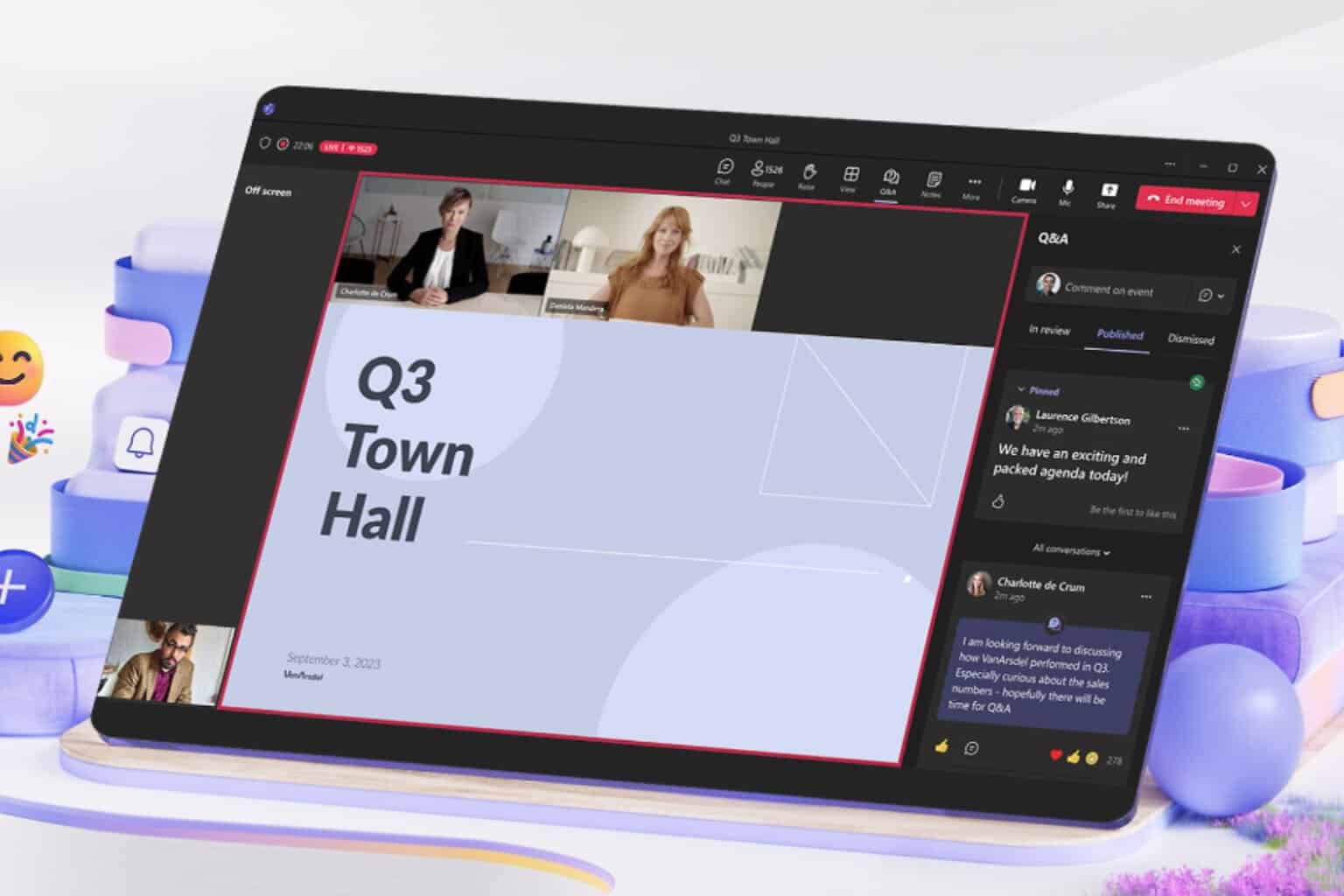Microsoft Azure announces expansion in cloud hybridization and hyperscaling for customers
3 min. read
Published on
Read our disclosure page to find out how can you help Windows Report sustain the editorial team. Read more
Microsoft has been developing more and more of their infrastructure and services to support enterprising businesses new and old, and now is no different. Microsoft has announced that they are expanding cloud hybridization as well as cloud hyperscaling, which will bring unprecedented speed, economy, and accessibility for all users and consumers—and for any environment or platform.
What is Cloud Hybridization?
First, a brief explanation of private and public clouds, which a hybrid cloud is made up of.
- A public cloud is a cloud that quickly handles single or homogeneous and easily scalable services. When a public cloud is used, it’s generally for a wide variety of people and uses lots computing, so typically a public cloud services things like emails or photos- these things are especially scalable services for maximizing cost efficiency.
- A private cloud is a small internalized cloud focusing on security and control. Automation is usually prioritized to increase the manageability and predictability of the system, and due to the nature of a private cloud, (and hinted at with its name) it’s usually kept hidden behind a firewall for the business that’s running it, and for extra security.
- A hybrid cloud is a mix of these two other kinds of clouds– that is, private, and public. A hybrid cloud is meant to combine the benefits of the private cloud with the benefits of a public one efficiently, leading to a well modeled and efficient overall design environment sometimes also called “corporate computing.” Also, not every single business that uses private and public cloud services is a hybrid– a hybrid would be a single environment that is used in conjunction with each other.
What is Hyper Scaling?
Hyper scaling is, by name, referring to the ease of scaling in a service or infrastructure. When an infrastructure requires an increase in size or performance or decrease when scaling back, something that can be hyper scaled can easily go around increasing or decreasing size and cost where need be. This allows for a high degree of cost efficiency, which is why hyperscaling is gaining popularity.
Put into layman’s terms, imagine you have a box that you use to transport some things. If you all of the sudden need to transport something far larger than your box, you have to discard the old one as it’s no longer useful and get a larger box. Once you switch to the large one and sometimes find yourself transporting smaller items, the large one would be too cumbersome and inefficient. If you had a hyper scale box, you could increase and decrease the size of the box very efficiently and without much cost.
So what are the benefits with these new announcements?
For the end user, possibly reduced costs, increased market, and possibly more. Businesses would be able to focus on the product rather than the means, allowing for a great degree of work to be shifted towards customer experience.
For businesses, cost efficiency, in much the same way as users. For a small independent business, one would be able to scale easily their company and increase workflow. And if they hit big, they could simply increase their size dynamically, without such restricting costs.
All in all, businesses and users alike will enjoy the benefits of hybrid clouds and hyperscaling, as the benefits are all too great.










User forum
0 messages